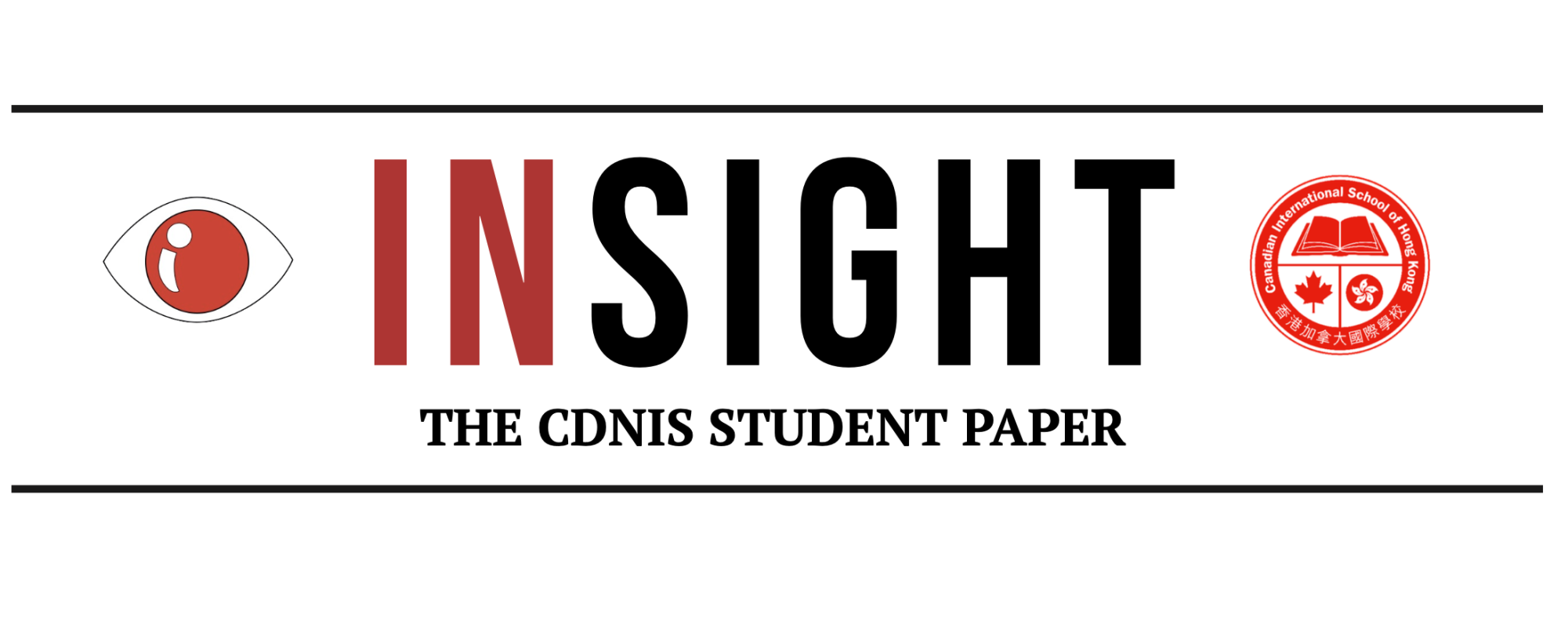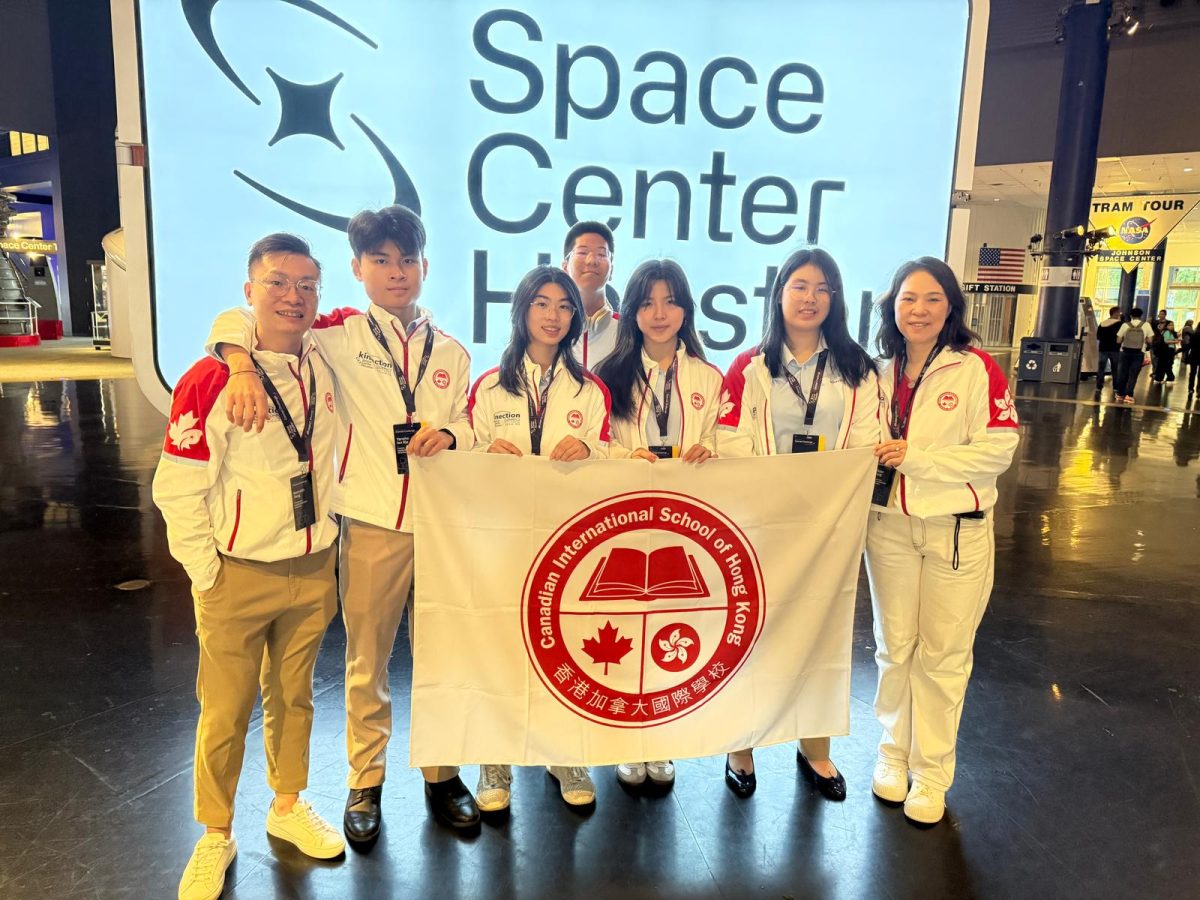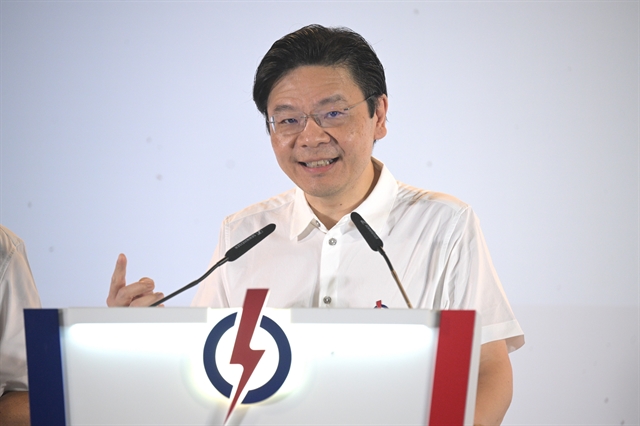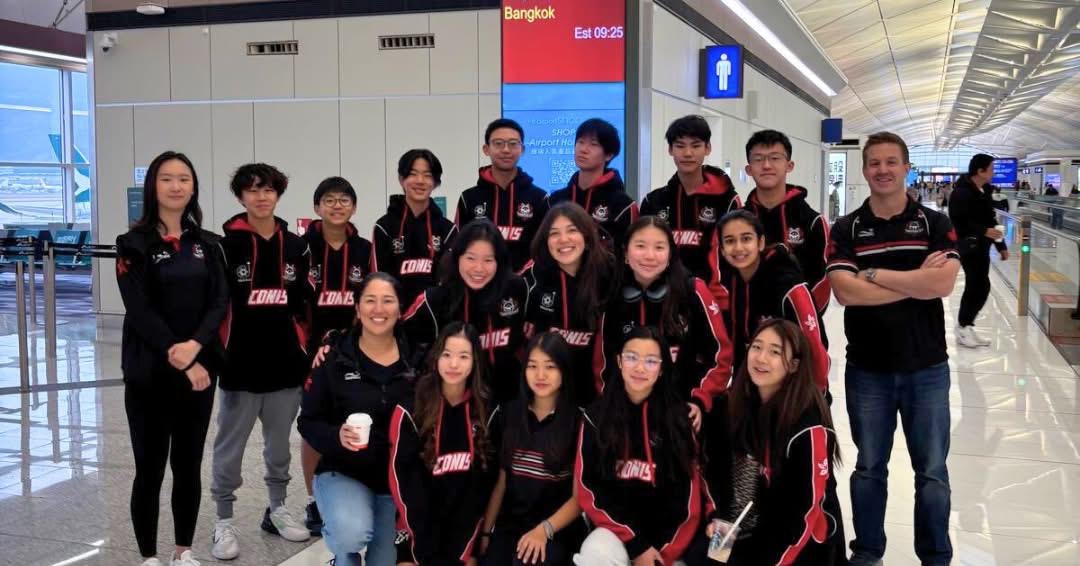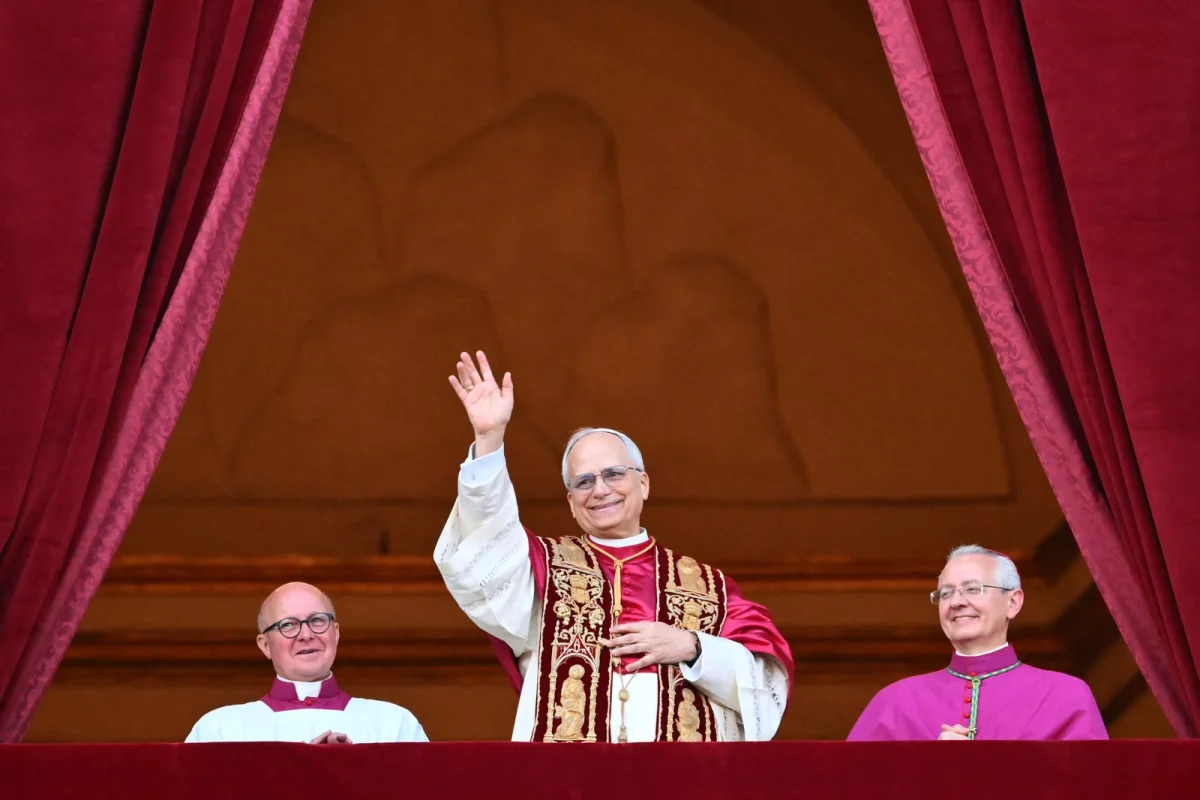Former US Secretary of State Henry Kissinger died on November 29, 2023 in Kent, Connecticut in his home. As one of the most influential American diplomats, not only was he instrumental in brokering the relationship between China and the US, visiting China over 100 times, but he was also a valued friend to the Chinese population.
Kissinger was born in Fürth, Germany in 1923. He fled Nazi Germany with his family to New York City in 1938, graduating from New York City’s George Washington High School and enrolling in the City College of New York. An intelligent and dedicated pupil, he joined the faculty of Harvard University in the Department of Government where he published his book Nuclear Weapons and Foreign Policy. He served as a senior foreign policy advisor on Nelson Rockefeller’s campaign three times — in 1960, 1964 and 1968 — and advised President John F. Kennedy and Lyndon B. Johnson on foreign policy. In 1971, Kissinger made a secret visit to China to set up communication channels between the United States and China, which ultimately led to President Nixon’s historic visit to Beijing.
He was a notable figure in the 20th century regarding international relations and played a momentous role in forming and shaping US policy. The most significant impact he had on world politics was his work as Secretary of State and National Advisor to two US presidents, Richard Nixon and Gerald Ford. He played a major role in Nixon’s ‘Vietnamization’ policy, which was to withdraw American troops from Vietnam and replace them with Southern Vietnamese troops. In 1972, Kissinger engaged in peace negotiations with North Vietnam; despite failing because of disagreements with the South Vietnamese, Kissinger did not give up. On the 15th of January, 1973, he initiated talks with North Vietnam in Paris, and President Nixon ceased all military action against North Vietnam. It was in this year that Kissinger used what came to be known as ‘shuttle diplomacy’, going back and forth between two opposing countries and trying to create peace between them, until a truce was established. One week later on January 23rd, Kissinger signed a ceasefire agreement that meant all US troops would withdraw and there would be a permanent peace agreement between North and South Vietnam. In the same year, he was awarded the Nobel Peace Prize for his contributions to world peace. He was also awarded the Presidential Medal of Freedom in 1977 and the Medal of Liberty in 1986.
At his passing, many will remember Henry Kissinger as a foreign policy genius and an advocate for world peace.
